The Dr. Now Diet Plan: What It Is, How It Works, Its Benefits, And Risks
The key to weight loss, where science and discipline come together to ensure your well-being.
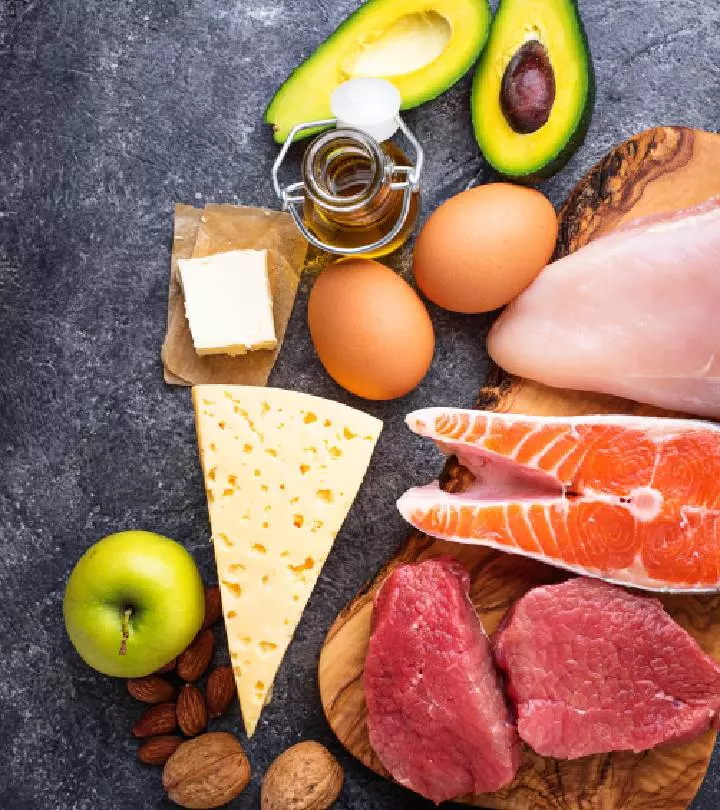
Image: Shutterstock
The Dr. Now diet is a low-calorie, low-carb diet designed for people undergoing weight loss surgery. Dr. Nowzaradan, who developed this diet, argues that it is effective in aiding weight loss and addressing obesity-related health concerns. The diet focuses on the intake of high-protein and high-fiber foods while eliminating highly processed foods and sugary drinks. It also emphasizes the importance of discipline and medical intervention. In this article, we discuss how the Dr. Now diet plan works, its benefits, associated risks, and a sample meal plan. Continue reading to learn more.
 At A Glance: The Dr. Now Diet
At A Glance: The Dr. Now Diet- Principle: Elimination of highly processed foods in favor of a high-protein and high-fiber diet to induce weight loss
- Purpose: To ensure rapid weight loss for people who are severely obese
- Who It Is For: Individuals who are preparing for weight loss surgery and people with obesity-related health issues
- Duration: Short-term
- Who Should Avoid: People with eating disorders and pregnant and breastfeeding women
- Cons: May cause nutrient deficiencies, slower metabolic rates, overeating, and digestive problems
In This Article
What Is The Dr. Now Diet Plan?
The Dr. Now diet plan is a very restrictive low-calorie, low-carb diet. It was developed by Dr. Nowzaradan, a Houston-based bariatric surgeon who gained fame through his appearances on the television show “My 600-lb Life”.
The doctor specializes in weight loss surgeries for people with morbid obesity. He puts his patients on this strict diet before surgery to reduce the risk of complications. The diet is designed for individuals who are severely obese and have weight-related health issues.
 Did You Know?
Did You Know?In the following section, we will delve deeper into how the diet works for weight loss. Read on.
How Does The Dr. Now Diet Work For Weight Loss?
The Dr. Now diet plan focuses on a very low-calorie intake to promote weight loss. As per the diet, people undergoing weight loss surgery are allowed to consume 800 to 1200 calories per day. The diet also encourages a higher intake of protein to promote satiety and muscle mass during weight loss (1).
In general, high-protein diets help control cravings and overeating and potentially promote weight loss. This diet plan includes non-starchy veggies and lean protein sources and eliminates high-calorie and processed foods as well as sugary snacks.
Karin Littleton, a nutritionist and health coach, says, “This is beneficial for anyone wanting to address weight loss and improve their overall health.”
It also focuses on dehydration, which is often misinterpreted as hunger. Proper hydration may also help curb cravings and reduce overeating. Hence, people are encouraged to drink enough water throughout the day while on this diet.
In addition, it is important to note that an average healthy weight loss rate falls between 1 and 2 pounds each week. A study indicates that those who lose weight slowly and steadily (between 1 and 2 pounds per week) are more likely to keep it off than those who lose weight abruptly (2). This diet promotes rapid weight loss and is specially intended for those preparing for bariatric surgeryi A medical procedure performed on people with severe obesity that involves making changes to their digestive system to aid weight loss . It must only be followed under medical supervision. Karin adds, “This diet is not for just anyone but people preparing for bariatric surgery, who will be under medical supervision. This is a highly disciplined area both medically and nutritionally. I would suggest that anyone thinking of this type of surgery consult doctors and dietitians who have experience in this area.”
This is how the Dr. Now diet plan works. Let us learn more about the benefits of this diet in the following section.
Benefits Of The Dr. Now Diet Plan
1. Promotes Weight Loss

The Dr. Now diet plan significantly reduces calorie consumption and creates a calorie deficit. It makes one consume fewer calories than their body burns. In a study, low-calorie diets, in 13 days, improved adiposopathyi A disease characterized by a dysfunctional adipose tissue and severe inflammation that causes several health issues associated with obesity in women with obesity without any exercise (3).
2. Reduces Post-Op Complications
In studies, people who were required to shed some pounds before a weight loss surgery were found to often experience more successful post-surgical outcomes (4). Another study linked even moderate weight loss prior to bariatric surgery to a decreased risk of 30-day mortality (5).
3. May Reduce Joint Pain

Anecdotal evidence suggests that weight loss achieved through Dr. Now diet plan may help reduce stress on the joints. This may help reduce joint pain and improve mobility. It may also improve flexibility and balance in people struggling with mobility-related issues due to obesity.
These are some potential health benefits of following the Dr. Now diet plan. But how do you follow this diet? Scroll down to know in detail.
How To Follow The Dr. Now Diet?
The Dr. Now diet has a specific dietary approach to weight loss and managing obesity. The three core principles of this diet plan are summarized using the acronym “FAT”. They are as follows:
1. Frequency: Dr. Nowzaradan recommends eating two to three meals per day with no snacks in between. This approach is aimed at reducing one’s overall calorie intake.
2. Amount: This refers to how many calories one should consume. He advises limiting one’s daily calorie intake to 1,200 calories or fewer to create a calorie deficit. This calorie restriction is typically divided evenly among the two or three meals per day.
3. Type: The type of food you are consuming also matters when you are on this diet plan. Dr. Nowzaradan recommends avoiding processed foods and sugar and choosing low-carb foods while increasing intake of foods high in protein and fiber.
These are some simple yet effective rules to follow while on this diet. But what are some of those specific foods you can eat on this program? Find out in the next section.
The Dr. Nowzaradan Diet Plan: Foods To Eat

Here is a list of foods to eat while on the Dr. Nowzaradan diet plan:
- Fruits: All whole fruits (except banana, cantaloupe, mango, and watermelon)
- Vegetables: Broccoli, kale, cauliflower, green beans, Brussels sprouts (except potato)
- Lean Protein Sources: Turkey breast, tofu, skinless chicken breast, fish, egg whites, lean cuts of beef and pork
- Whole Grains: Amaranth, millet, barley, whole-wheat pasta, wheat bread
- Fats And Oils: Small amounts of cooking oil or cooking spray
- Nuts And Seeds: Chia seeds, flax seeds
- Non-Fat Dairy: Skimmed milk, plain non-fat Greek yogurt, cottage cheese
- Zero Calorie Sweeteners: Monk fruit and stevia
The Dr. Now diet plan also recommends avoiding or limiting certain foods that may cause weight gain. Scroll down to learn about them.
The Dr. Nowzaradan Diet Plan: Foods To Avoid

Here are some foods to avoid when on the Dr. Now diet:
- High-Calorie, High-Fat Foods: Pizza, fried foods, French fries, burgers, fast food
- Some Sources Of Protein: Fried chicken, eggs, protein shakes (highly sugary)
- Processed Meats: Sausages, deli meats, bacon
- Full-Fat Dairy: Whole milk, full-fat cheese, sorbet, ice creams, yogurt, milkshakes
- Refined Products: Popcorn, chips, waffles, crackers, pasta, rice (white and brown), pancakes
- Nuts And Seeds: Peanuts, almonds, cashews, peanut butter, pistachios, sunflower seeds
- High-Sodium Foods: Processed snacks and canned soups
Planning your meals according to your dietary requirements makes the whole process more effective. The following sample 3-day meal plan can give you a clear idea of what a 1200-calorie diet may look like in practice.
The Dr. Now 1200 Calorie Diet Meal Plan
Day 1
- Breakfast: 6 oz. of low-fat Greek yogurt, ½ cup of blueberries, one cup of skim milk
- Lunch: 1 cup of tuna salad with 2 tablespoons of vinaigrette dressing, 4 oz. of lean ground turkey
- Dinner: 4 oz. of baked cod, 1 cup of roasted cauliflower, 1 cup of vegetable soup
Day 2
- Breakfast: 2 oz. of egg whites with spinach, 2 pieces of whole-wheat toast, 1 cup of low-carb protein shake
- Lunch: 4 oz. of grilled turkey, 1 cup of steamed Brussels sprouts, 1 cup of mixed greens salad with vinaigrette dressing
- Dinner: 1 cup of stir-fried tofu, 4 turkey meatballs, 1 cup of low-fat chicken soup
Day 3
- Breakfast: 1 cup of fruit smoothie with milk, ½ avocado, 1 cup of strawberries
- Lunch: 1 cup of broccoli stir-fry, 3 oz. of tofu, 2 slices of whole-grain bread with turkey
- Dinner: 4 oz. of baked salmon, 1 cup of mixed vegetables, ½ cup of cottage cheese
 Quick Tip
Quick TipThe Dr. Now diet, despite its benefits, also may cause certain side effects. Learn more about them in the next section.
Downsides Of The Dr. Now Diet

- The Dr. Now diet plan involves a very low calorie intake, which may slow down one’s metabolic rate.i The rate at which your body burns energy while at rest to maintain its basic functions like breathing, blood circulation, etc. This, in turn, can cause weight gain as your body burns calories more slowly and accumulates fat stores (6).
- Low-calorie diets have been proven to alter the hormones that regulate appetite and increase feelings of hunger when the metabolic rate falls (7). This may lead to overeating and weight gain.
- Highly restrictive diets may cause changes in gut microbiota and cause digestive problems. This microbial imbalance may also lead to adverse effects on the colon in the long run (8). Moreover, the Dr. Now diet’s restrictive nature can be challenging to keep up. Karin says, “Restrictive diets are known to be challenging in the long term, although it is noted that this is not a long-term diet but rather short-term and under medical supervision.”
- Extremely low calorie diets may often lead to nutritional imbalances and deficiencies due to insufficient intake of essential vitamins and minerals (9).
The Dr. Now diet plan is highly restrictive and is designed to promote rapid weight loss in people undergoing weight loss surgery and those with obesity-related health issues. This diet encourages the consumption of high-protein, low-carb foods while eliminating processed foods and sugary drinks. It was developed by Dr. Nowzaradan, who argues it can reduce postoperative complications. However, the diet also may cause certain adverse effects. Consult with your healthcare provider before embarking on this diet.
Frequently Asked Questions
Is the Dr. Now diet ketogenic?
No. Though the Dr. Now diet plan does share some similarities with the ketogenic diet with respect to its focus on low-carb foods, it is not a keto diet per se (which requires near elimination of carbs and a high intake of fat).
How much weight can you lose on the Dr. Now diet?
Dr. Nowzaradan encourages his patients to lose around 30 pounds (14 kg) in 30 days. However, this depends on several factors, like the individual’s weight, age, gender, level of adherence to the diet plan, and activity level.
How much does the Dr. Now diet cost?
The cost of the Dr. Now diet may vary. It depends on factors like grocery expenses and medical consultation fees.
Is exercise recommended along with the Dr. Now diet for weight loss?
Yes, exercise is recommended along with the Dr. Now diet for weight loss. Activities such as swimming for weight loss are particularly effective. Swimming is a low-impact exercise that helps burn calories and build muscle without putting stress on the joints. However, its role in weight loss can vary based on individual health conditions. Hence, check with your healthcare professional before including exercise in your routine.
Is the Dr. Now diet suitable for individuals with certain medical conditions?
No. Very low-calorie, restrictive diets like this may not be suitable for pregnant and breastfeeding mothers or people with eating disorders or heart disease.
How long should someone follow the Dr. Now diet to see significant results?
Dr. Now diet plan is a short-term dietary approach and should only be followed for a few weeks. Most people observe noticeable changes within the first month of following this diet.
Key Takeaways
- The Dr. Now diet plan is a very restrictive diet plan (1200-calorie) designed for individuals preparing for weight loss surgery.
- It includes foods that are low in carbs and high in protein and fiber, while eliminating processed foods and sugary beverages.
- It is a short-term dietary program that may cause nutrient imbalances, slower metabolic rates, and digestive issues in some individuals. Consult with your healthcare provider to find out what’s best for you.
Illustration: The Dr. Now Diet Plan: What It Is How It Works Its Benefits And Risks
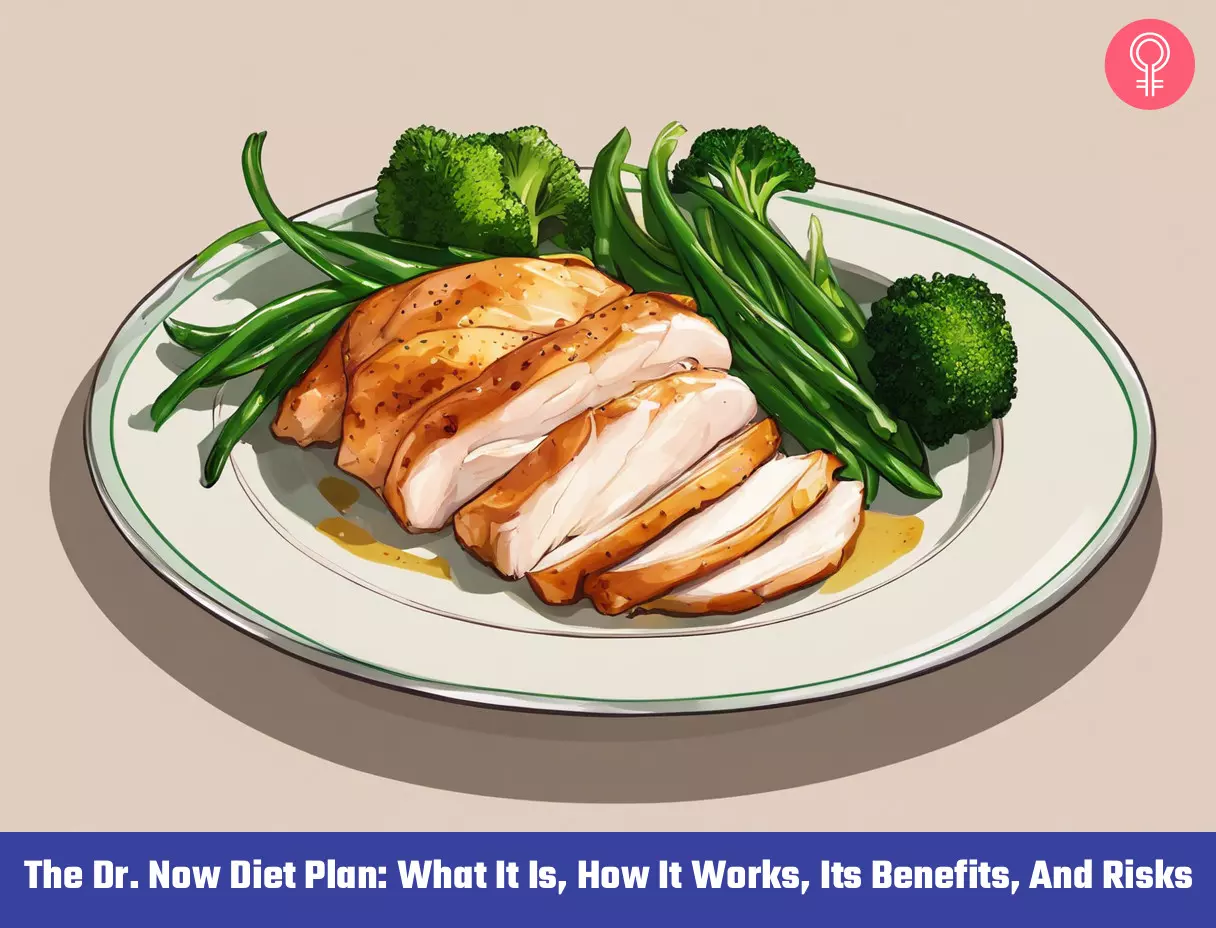
Image: Stable Diffusion/StyleCraze Design Team
Dive into the world of the Dr. Now diet plan and learn how to lose weight before a weight loss surgery. The following video delves into Dr. Nowzaradan’s 2019 book ‘The Scale Does Not Lie, People Do’. It discusses his experiences treating all types of obesity for more than 40 years.
References
Articles on StyleCraze are backed by verified information from peer-reviewed and academic research papers, reputed organizations, research institutions, and medical associations to ensure accuracy and relevance. Read our editorial policy to learn more.
- Protein weight management and satiety
https://pubmed.ncbi.nlm.nih.gov/18469287/ - Losing weight
https://www.cdc.gov/healthyweight/losing_weight/index.html - A low-calorie diet with or without interval exercise training improves adiposopathy in obese women
https://pubmed.ncbi.nlm.nih.gov/30785773/ - Preoperative predictors of weight loss following bariatric surgery: systematic review
https://pubmed.ncbi.nlm.nih.gov/21833817/ - Association of preoperative body weight and weight loss with risk of death after bariatric surgery
https://jamanetwork.com/journals/jamanetworkopen/fullarticle/2765939 - Persistent metabolic adaptation 6 years after ”The Biggest Loser” competition
https://pubmed.ncbi.nlm.nih.gov/27136388/ - Physiological adaptations to weight loss and factors favouring weight regain
https://pubmed.ncbi.nlm.nih.gov/25896063/ - Weight-loss interventions and gut microbiota changes in overweight and obese patients: a systematic review
https://pubmed.ncbi.nlm.nih.gov/28524627/ - Main nutritional deficiencies
https://www.ncbi.nlm.nih.gov/pmc/articles/PMC9710417/
Read full bio of Karin Littleton
Read full bio of Ravi Teja Tadimalla
Read full bio of Payal Karnik






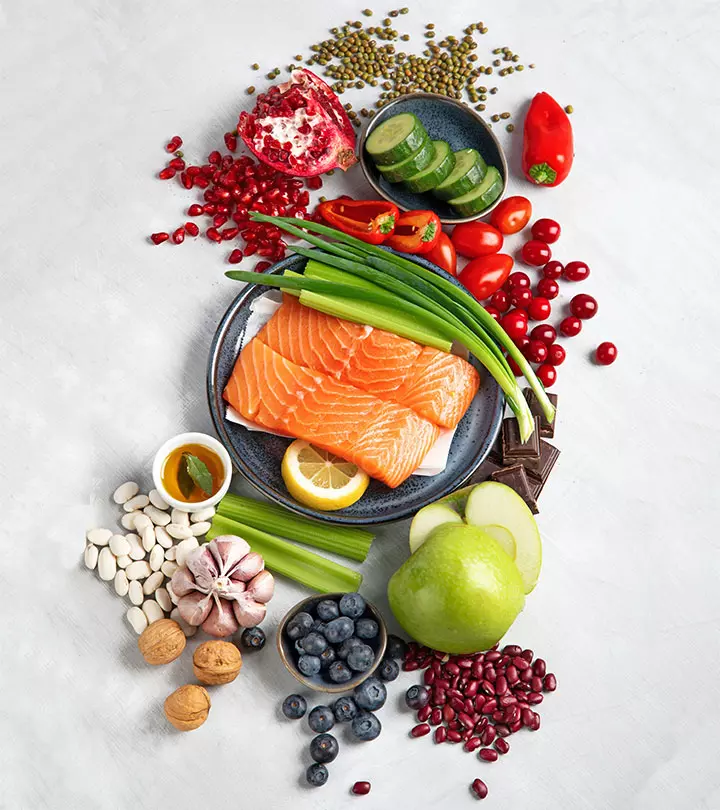


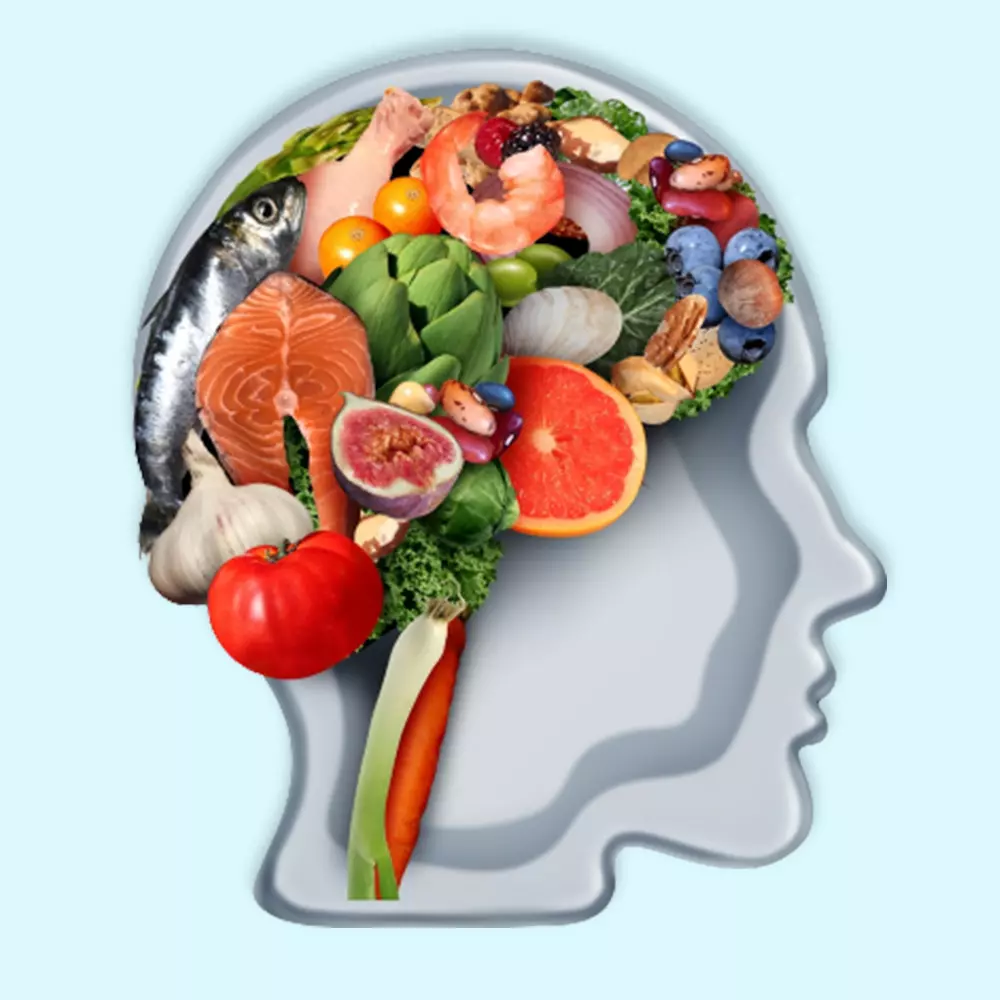







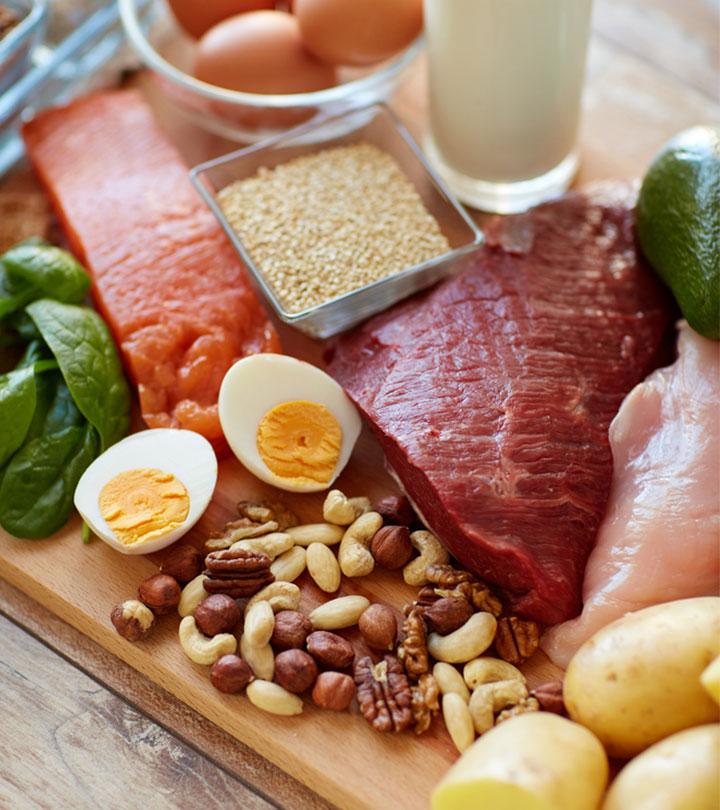
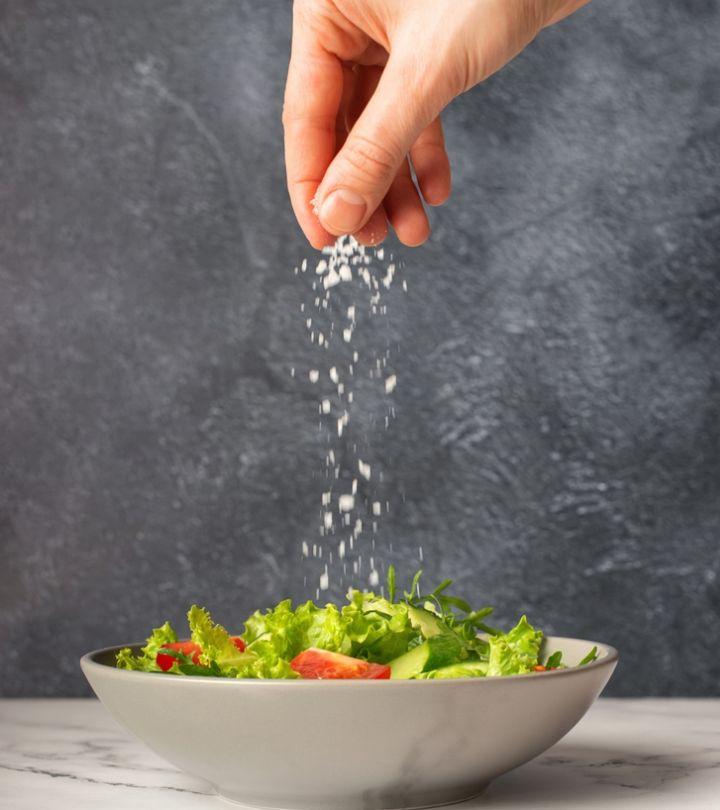







Community Experiences
Join the conversation and become a part of our empowering community! Share your stories, experiences, and insights to connect with other beauty, lifestyle, and health enthusiasts.